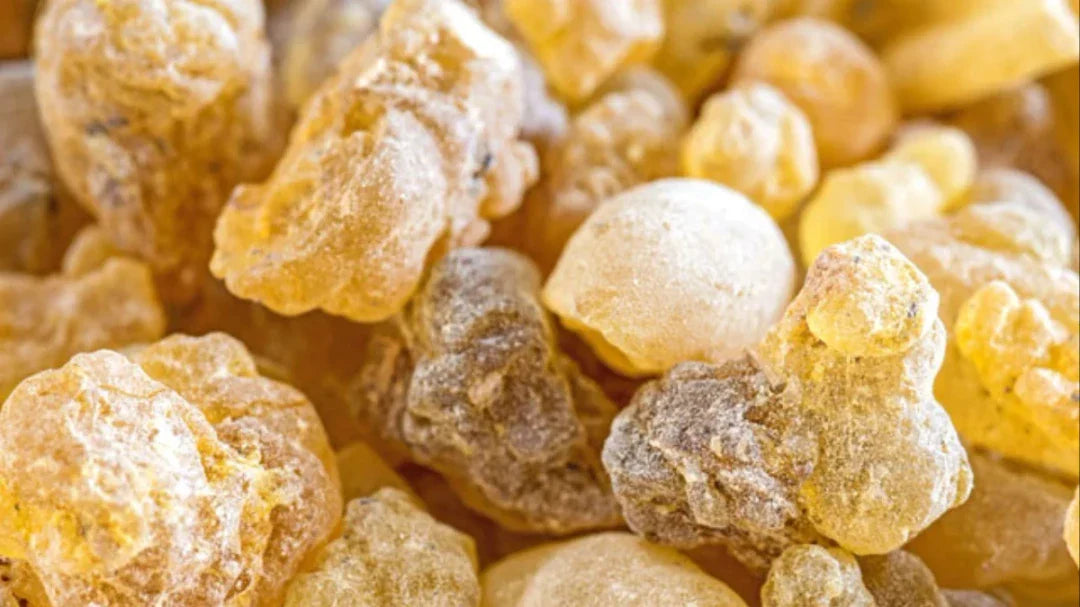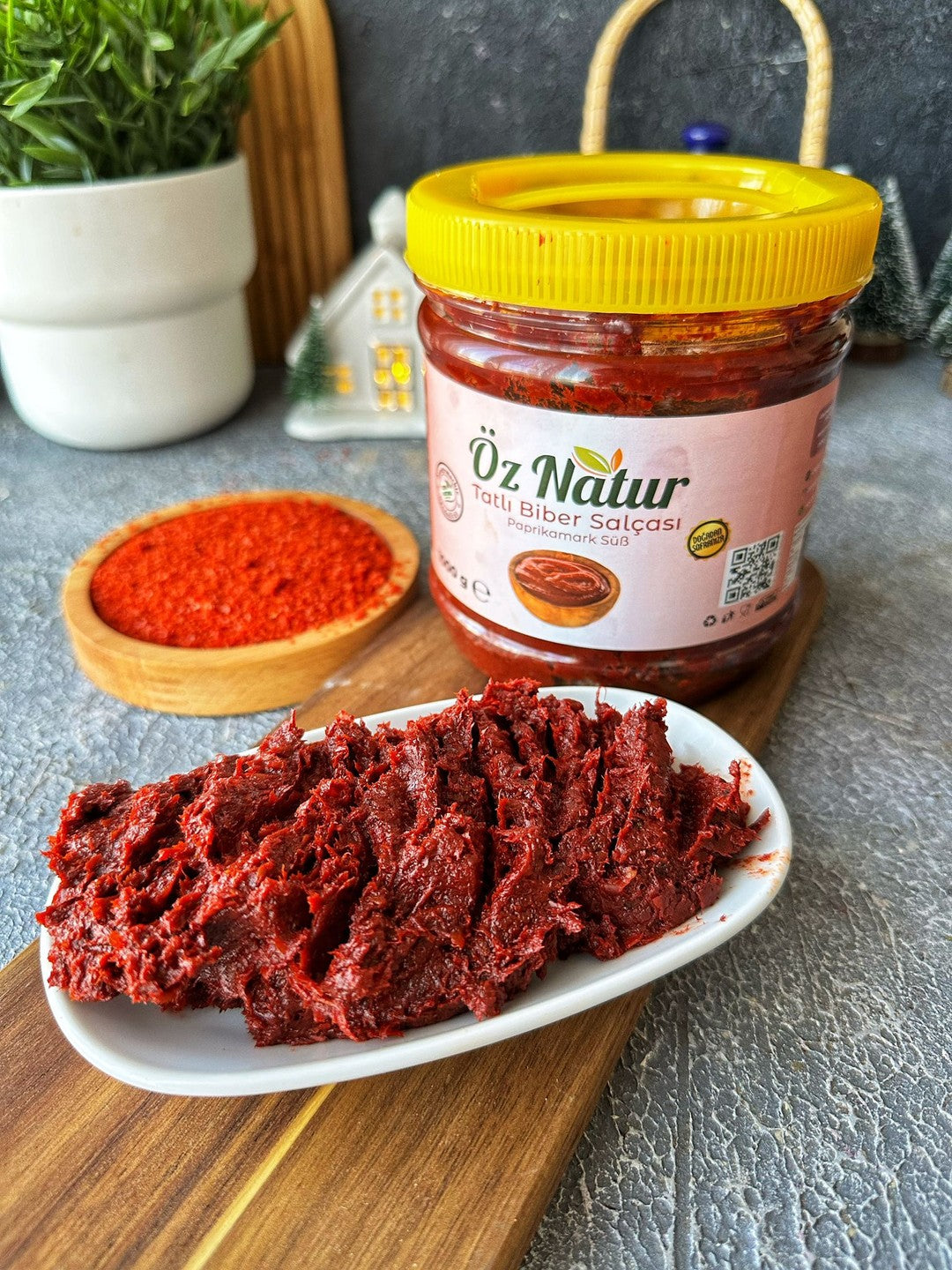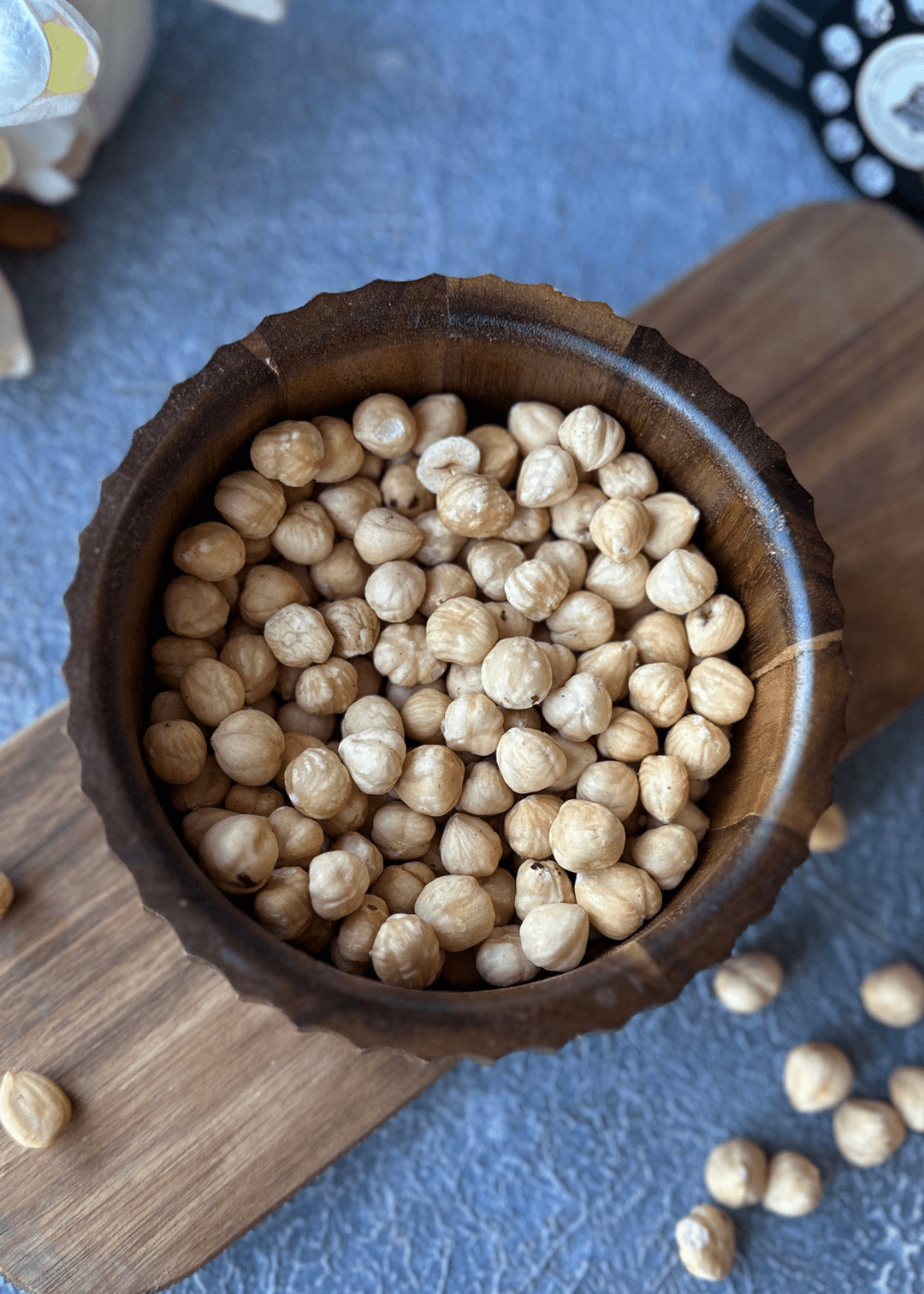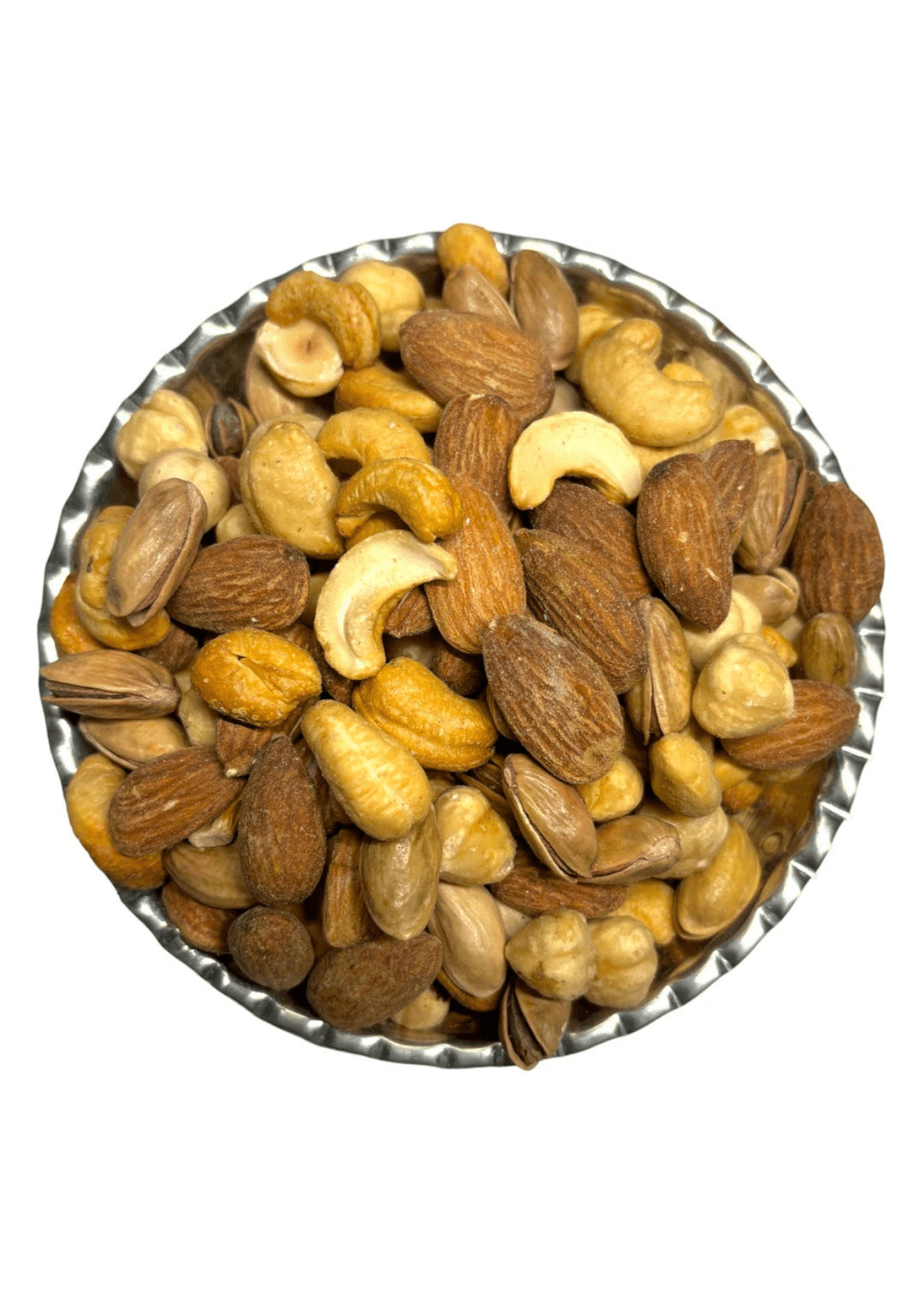Sandarac gum is a resin that has been valued for centuries in different cultures. Known for its unique aroma and texture, it is used in various ways such as chewing, mixing with drinks, or blending with foods. Its versatility makes it a notable natural product with a long history of traditional use.
How Is Sandarac Gum Obtained?
Sandarac gum is obtained from the Sandarac tree. Small cuts are made into the trunk, and the thick sap that flows out hardens upon contact with air, forming resin. Harvested mainly in warm regions, the resin is then cleaned and dried before it is ready for use. Traditionally collected by hand, sandarac gum can today be found both in its raw form and in processed varieties.
How Can You Consume Sandarac Gum?
There are different ways to consume sandarac gum. A common method is chewing it directly, which highlights its distinct flavor. It can also be broken into small pieces, dissolved in water, and consumed as a drink. Additionally, it may be added to tea or herbal blends. In powdered form, it can be mixed with foods such as honey or yogurt, offering a practical and tasty option for use in everyday life.
Things to Consider When Using Sandarac Gum
As with any resin product, sandarac gum should be consumed in moderation. First-time users are advised to try it in small amounts to get accustomed to its taste and texture. Using it in balanced portions ensures a more pleasant experience and makes it easier to include in daily routines.































